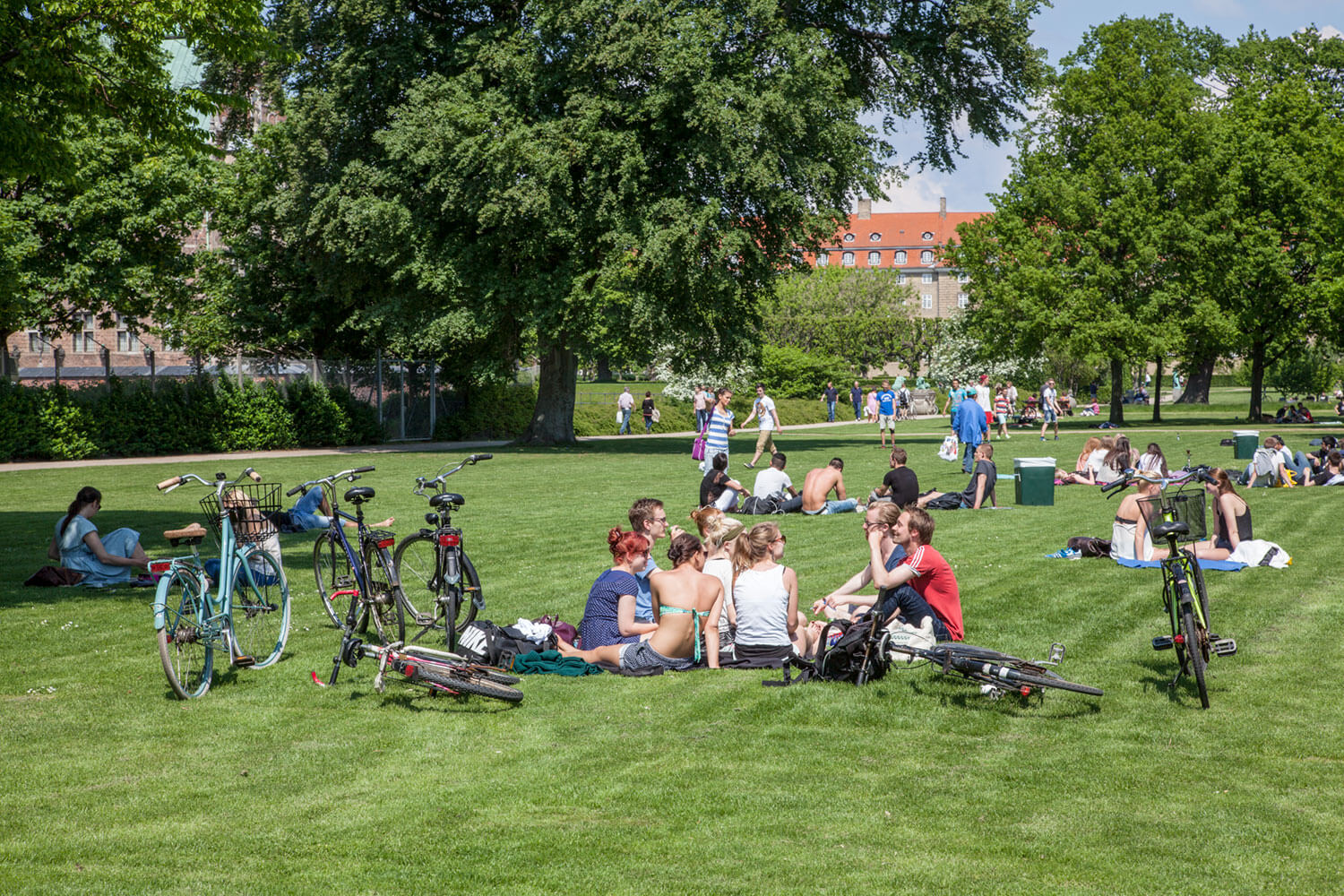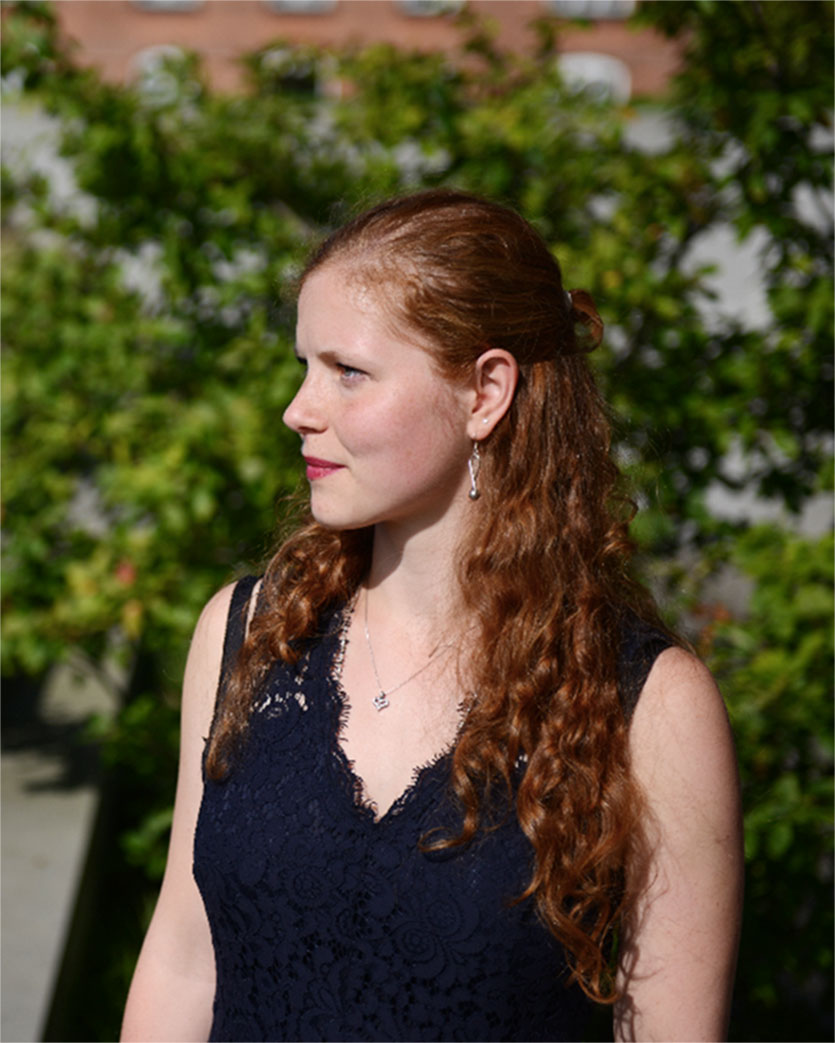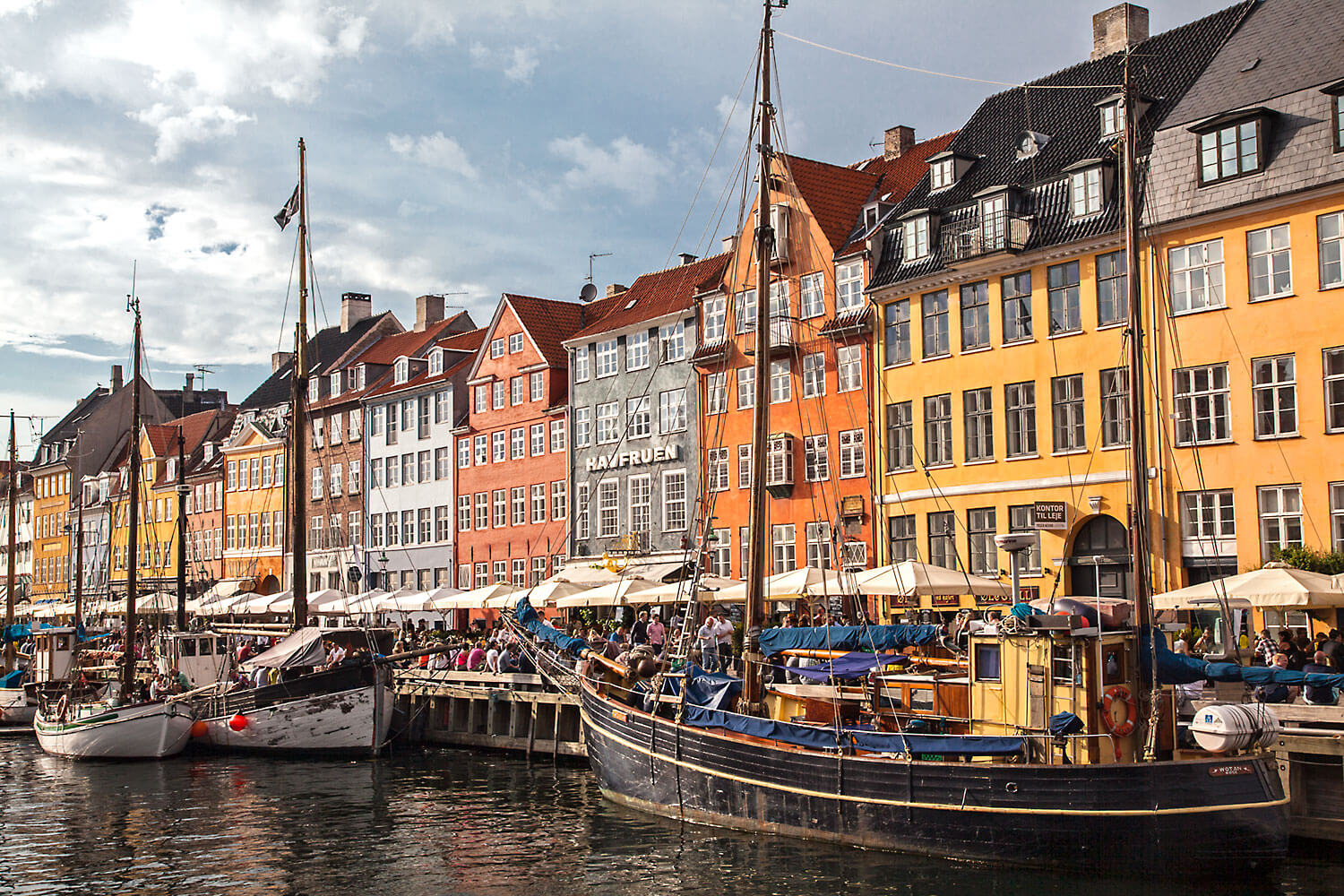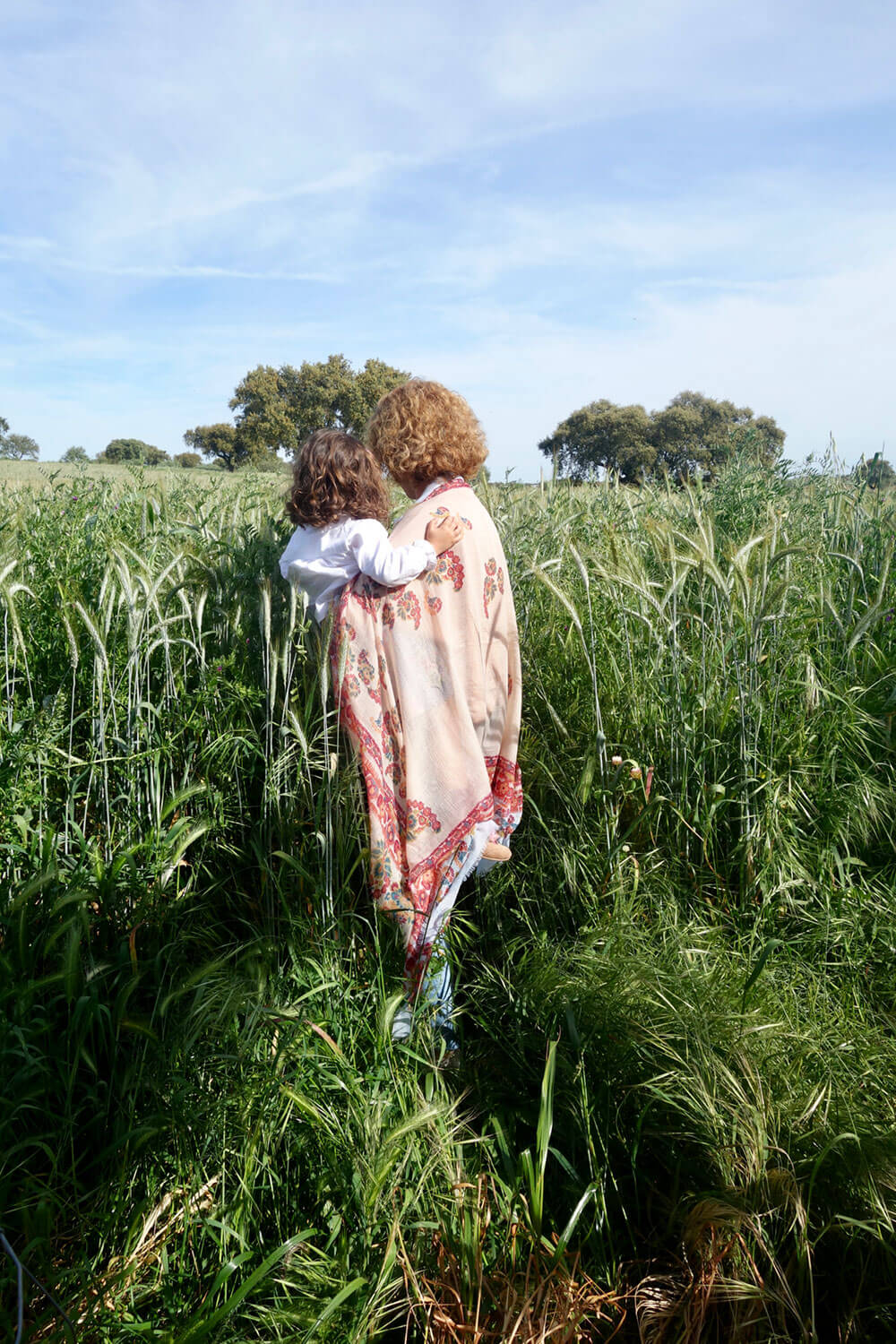The secret of the happiest families on Earth

Isabella Arendt works as an analyst at the Happiness Research Institute in Denmark. This Institute measures quality of life – they examine different dimensions such as the cognitive, the affective and the eudaimonic dimension. Isabella is now pursuing a Master’s in Political Science at the Copenhagen University. She wrote her Bachelor’s project on the Danish family policy. She is involved in Danish politics and has a personal interest in family policy and work-life balance with the purpose of making children and adults happy by finding patterns among happy people and applying them to increase their overall happiness.
Today we talk about happiness in the family.
«We often see that children have a responsibility from young age and are asked to contribute. They are raised to be aware of their responsibility to contribute to society and to take care of others.»
Which difference makes a difference in Danish families?
For Danish families it is common that both parents are working and very common that all children are in childcare. Often public childcare. It is also common to live together as a family, and have siblings and grandparents living further away, spread over the country. Raising children in Denmark is about making them independent and help them grow into responsible adults. We often see that children have a responsibility from young age and are asked to contribute. They are raised to be aware of their responsibility to contribute to society and to take care of others.

Is there any “formula” in the Danish collective unconscious for families to live in harmony?
Many families want to live in harmony. But in Denmark the divorce rate is also very high. So I also think that many Danes want to always be able to pursue what they find best. And sometimes that does not mean keeping the family together. Danes focus on their freedom as an important value as well.
«In Denmark we have a culture where children are taught to understand a message and to take responsibility, rather than being physically punished.»
In many European countries, shouting, spanking and punishment inflicted on children are still socially accepted and defended. What do you think about these practices?
In Denmark it is forbidden by law to hit or hurt children in any way. And in Denmark we have a culture where children are taught to understand a message and to take responsibility, rather than being physically punished.

How do you believe that can we educate for happiness?
We can be aware of our own happiness first. We are responsible for our own happiness – and we are responsible for the happiness of people around us. And then we can educate by informing people about what creates happiness. That means, for example, that social relations and a good health are more important than a raise in income. At the Institute we try to educate and inform people. And we hope to reach many people every year and to make them work on creating happiness as well.
«We are responsible for our own happiness – and we are responsible for the happiness of people around us.»
How can we free a mother from the burden of a family?
We find that mothers are often happy in their families, but we can also see that there is something called “parental gap”, where parents will experience a decrease in happiness, when they have children, but then an increase when they have grandchildren. We find that this is due to more worries arising when we have children. This can be prevented with good family policies, as in countries like Denmark, Sweden and the Netherlands. Here the gap is smaller because parents will not have to worry with schools or hospitals for their children. And there will be good childcare and many ways to be a family, which will make it easier to find the form that fits each individual family.

Kindness, trust, empathy, equal value… these are the key to a happy family?
Yes, we find that good and strong social ties are important. And the values you mention are positive to creating strong social ties. As well as freedom to make our own life choices.
What still needs to be done to have a world where families live in harmony, and where equal value and responsibility prevail?
We think that good family policies and a political awareness to take care of the needs of families and children are important to achieve this goal.




